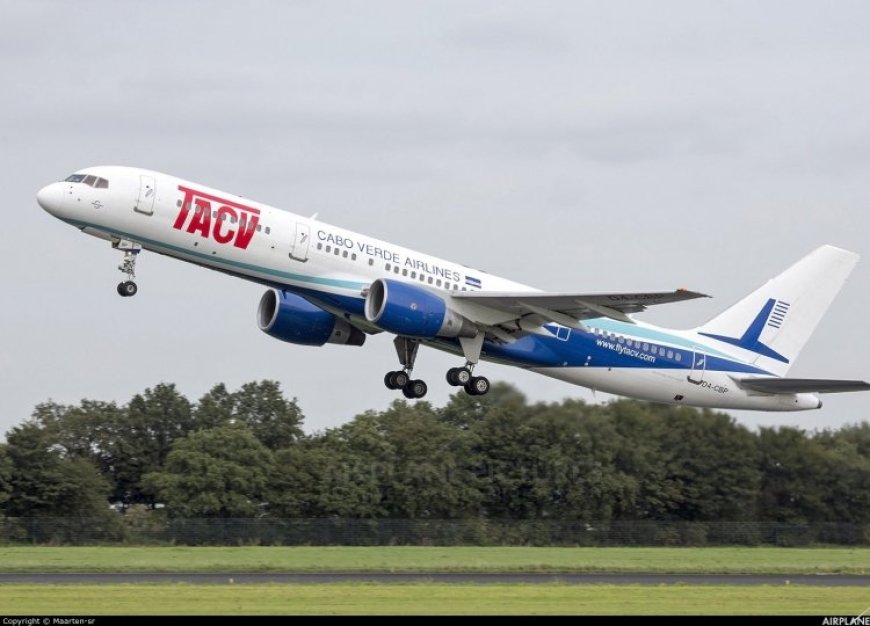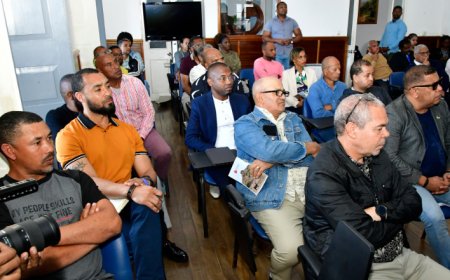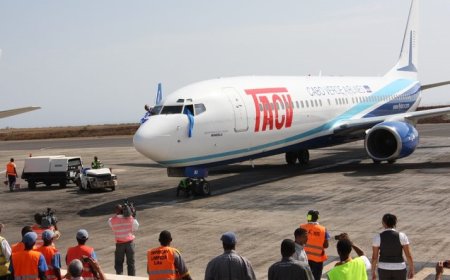Passenger Rights on Inter-Island Flights Are Guaranteed by Law, But Rarely Enforced in Practice
Even with clear legislation, passengers remain helpless in Cape Verde. Delays and cancellations are not accompanied by mandatory assistance. Complaints are growing and TACV remains inert.

Despite the rights guaranteed by Decree-Law 35/2006 and the Aeronautical Code, passengers on domestic flights in Cape Verde still don't receive the assistance they deserve in the event of delays, cancellations, early arrivals or lost luggage.
According to national legislation, in cases of delay of two hours or more, the airline must offer free assistance - food, non-alcoholic drinks and communications - and, if the delay is longer than four hours or generates an overnight stay, also accommodation and transportation.
In addition, for delays of more than four hours, the passenger can opt for refund of the ticket and, if applicable, return to the point of origin, all within seven days.
Recently, a passenger on a TACV flight from São Vicente to Praia faced a three-hour delay. And not even a glass of water was offered. "No staff showed up. There was no one to turn to in the terminal," said the traveler. This reveals, once again, the absence of basic support that the law requires.
This is not an isolated case. The Civil Aviation Agency (AAC) reported 396 complaints related to delays in 2022, leading the complaints. TACV was involved in 48 of these cases - around 8% of the total - despite being one of the main national airlines.
In international forums, passengers report similar experiences with TACV:
"Never book a flight with TACV... They don't have a functional website, no standard customer support... you never know when or by whom you will be served."
Another passenger who had a flight canceled from Praia to Lisbon said:
"I don't think you'll get anything... I've read discussions where some people have been waiting four years for a refund from Cabo Verde Airlines."
These testimonies reinforce a trend of abandonment and chronic disorganization.
The law remains ignored because of the following:
-
Lack of effective enforcement: AAC receives complaints, but passengers feel that nothing happens.
-
Precarious service structure at island airports, with no counters or prepared agents.
-
Culture of resignation: Many passengers don't know their rights or don't believe that complaining will make a difference.
-
Institutional contempt: TACV seems to treat delays as the passenger's burden, not the company's.
Cape Verdean legislation is clear and offers passengers large and robust rights - from food to reimbursement. However, the practice reveals an alarming scenario: almost non-existent assistance, lack of information and disregard for TACV, which should set an example as a state operator.
It's time for action: passengers must demand their rights, keep receipts, file complaints with the AAC and use the Complaints Book. Only with public and legal pressure will it be possible to break out of the cycle of impunity in which Cape Verdean civil aviation finds itself.
























































